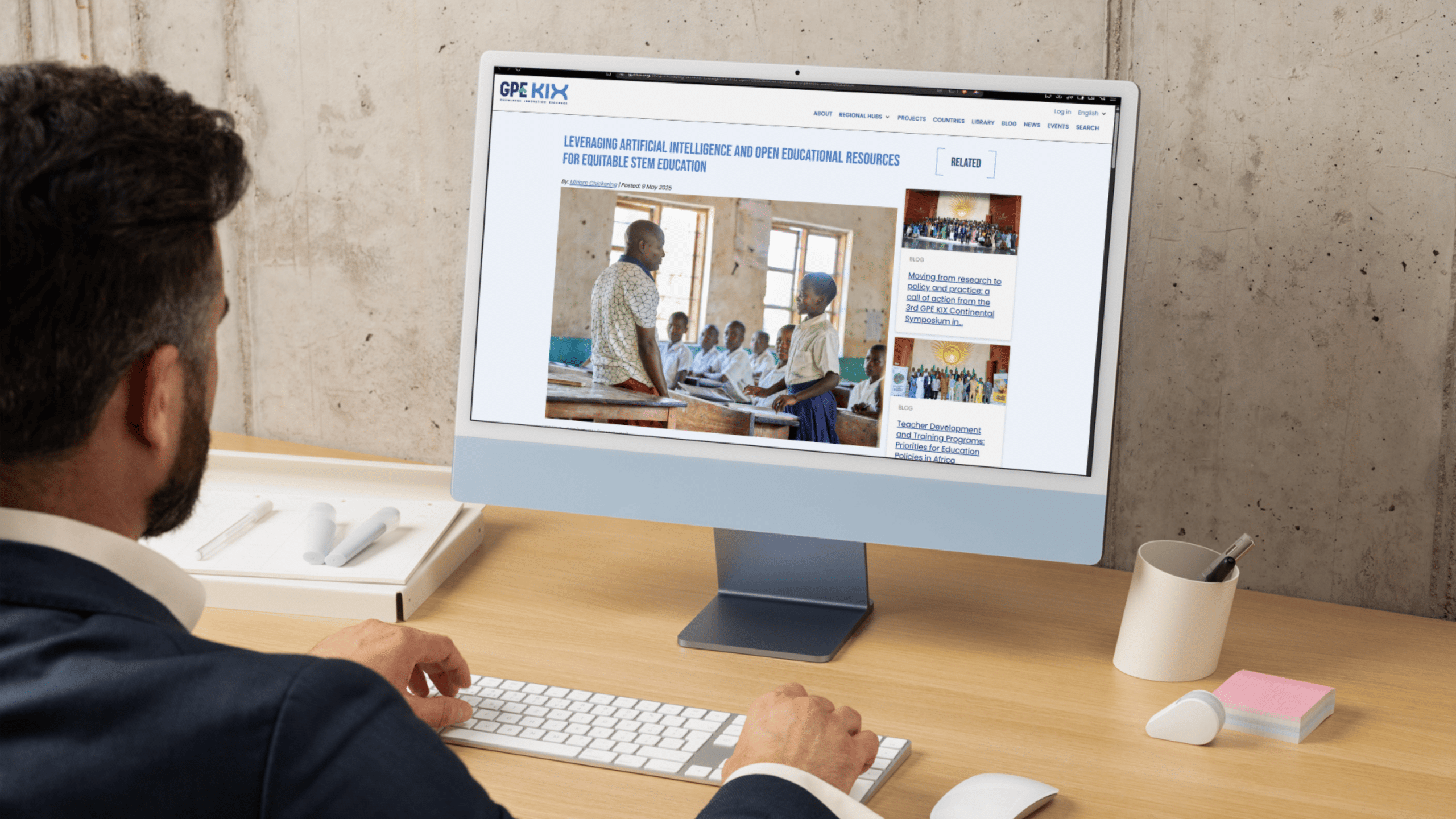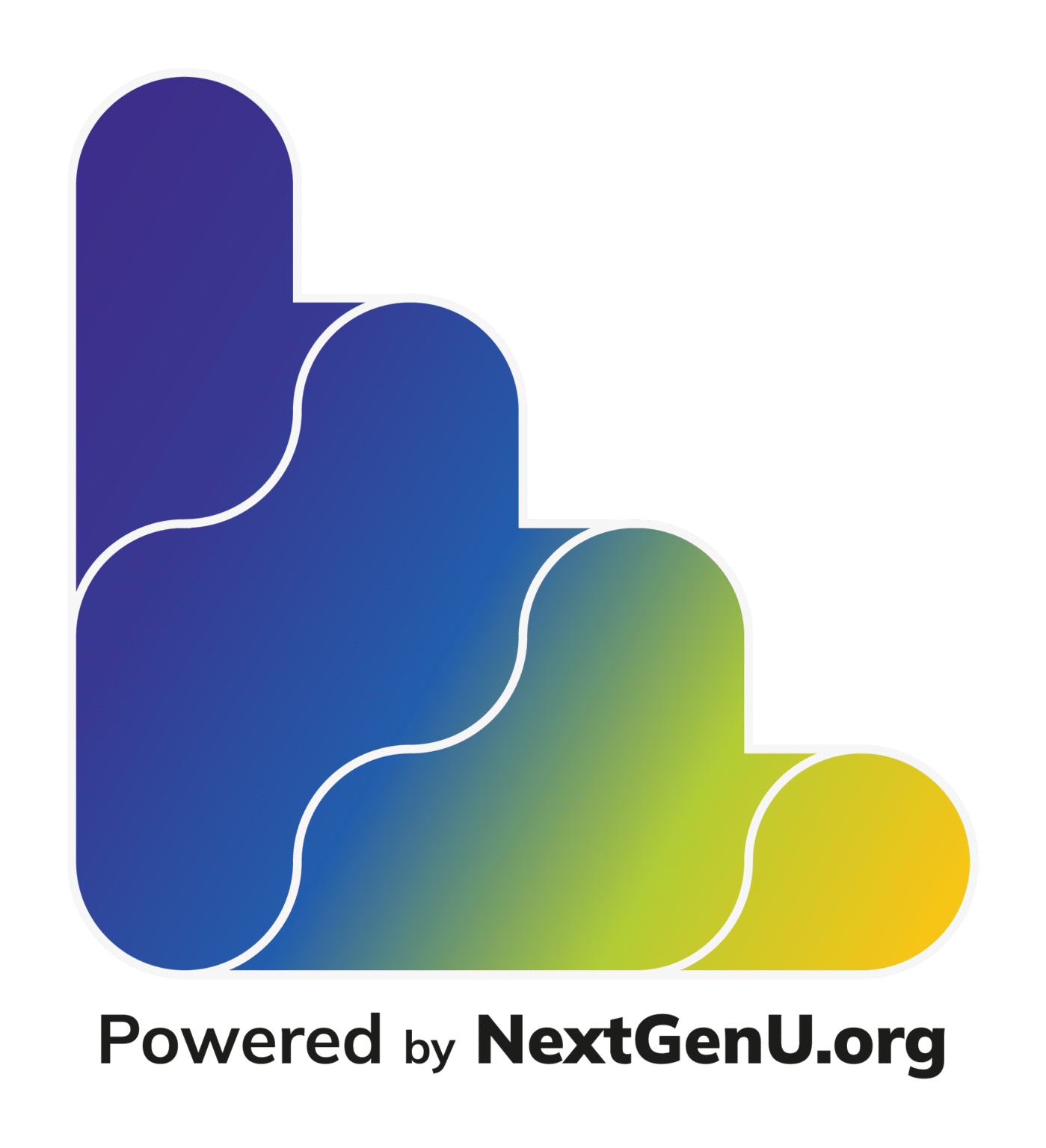In her blog, Miriam Chickering highlights how the GPE KIX STEPS project in Benin, Cameroon, and the Democratic Republic of the Congo used Artificial Intelligence (AI) and Open Educational Resources (OER) to address critical gaps in STEM education and teacher professional development. Faced with widespread shortages of qualified teachers, textbooks, and training, the STEPS project combined AI’s efficiency with the adaptability of OER to localize and scale curriculum development.

The team created 28 science textbooks and workbooks aligned with national curricula, using AI for content generation and translation, followed by thorough human review for quality and cultural relevance. Teacher training was also reimagined—from costly external workshops to school-based sessions led by experienced local educators, enhancing sustainability and teacher ownership.
Key outcomes included a 94% increase in teacher confidence and widespread commitment to continue using the STEPS materials. Ministries and education partners in all three countries are now scaling the materials within their systems.
Key Lessons:
- OER must be localized to be effective in low-resource settings.
- AI can accelerate development, but it must be guided by educators.
- Print resources are still essential for equity.
- Curriculum alignment and classroom practices need closer attention.
The blog concludes with a call for future research on how AI can enhance curriculum localization and the continued integration of context-aware human expertise to advance educational equity.
You can read the full blog here.
